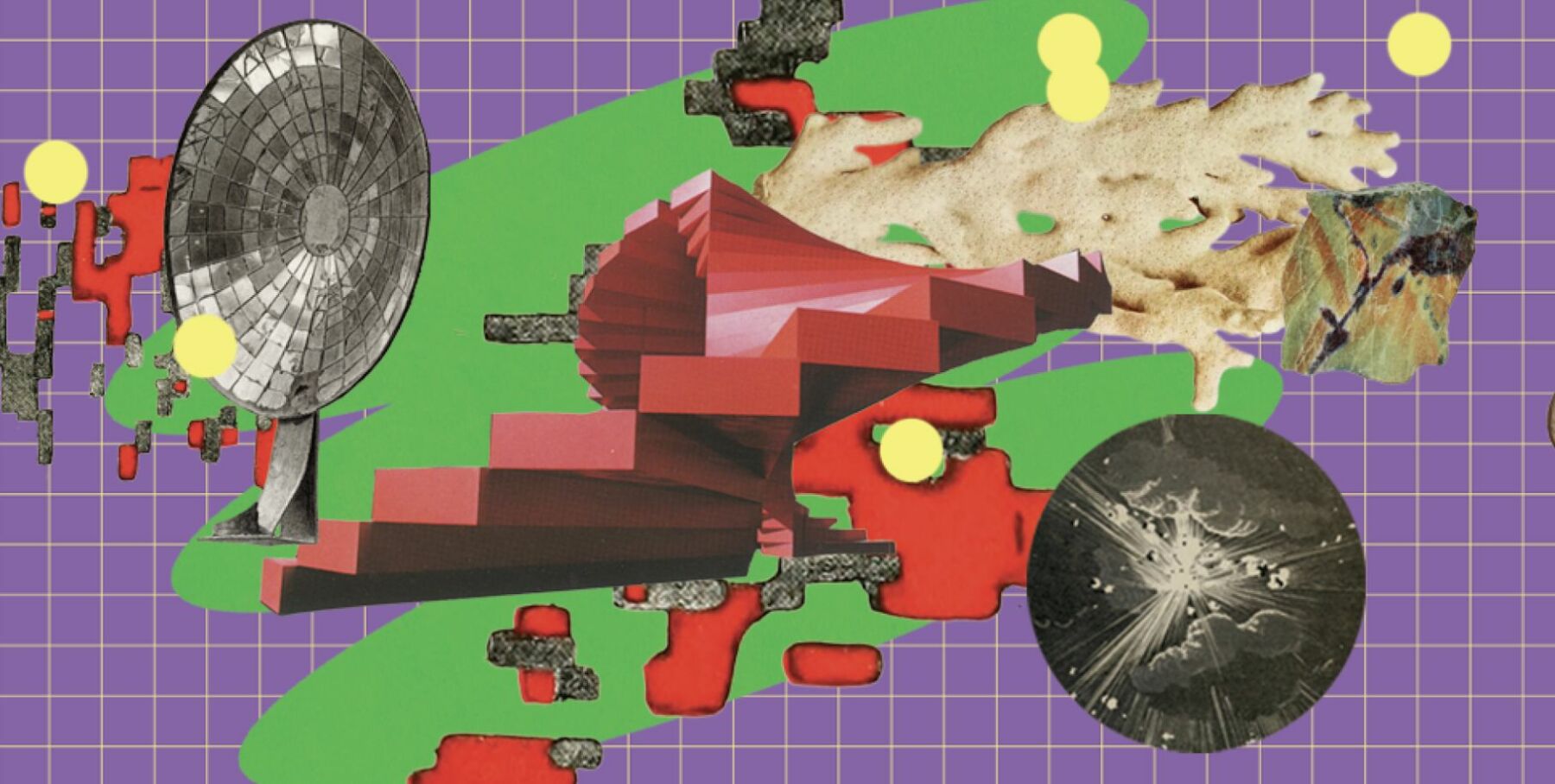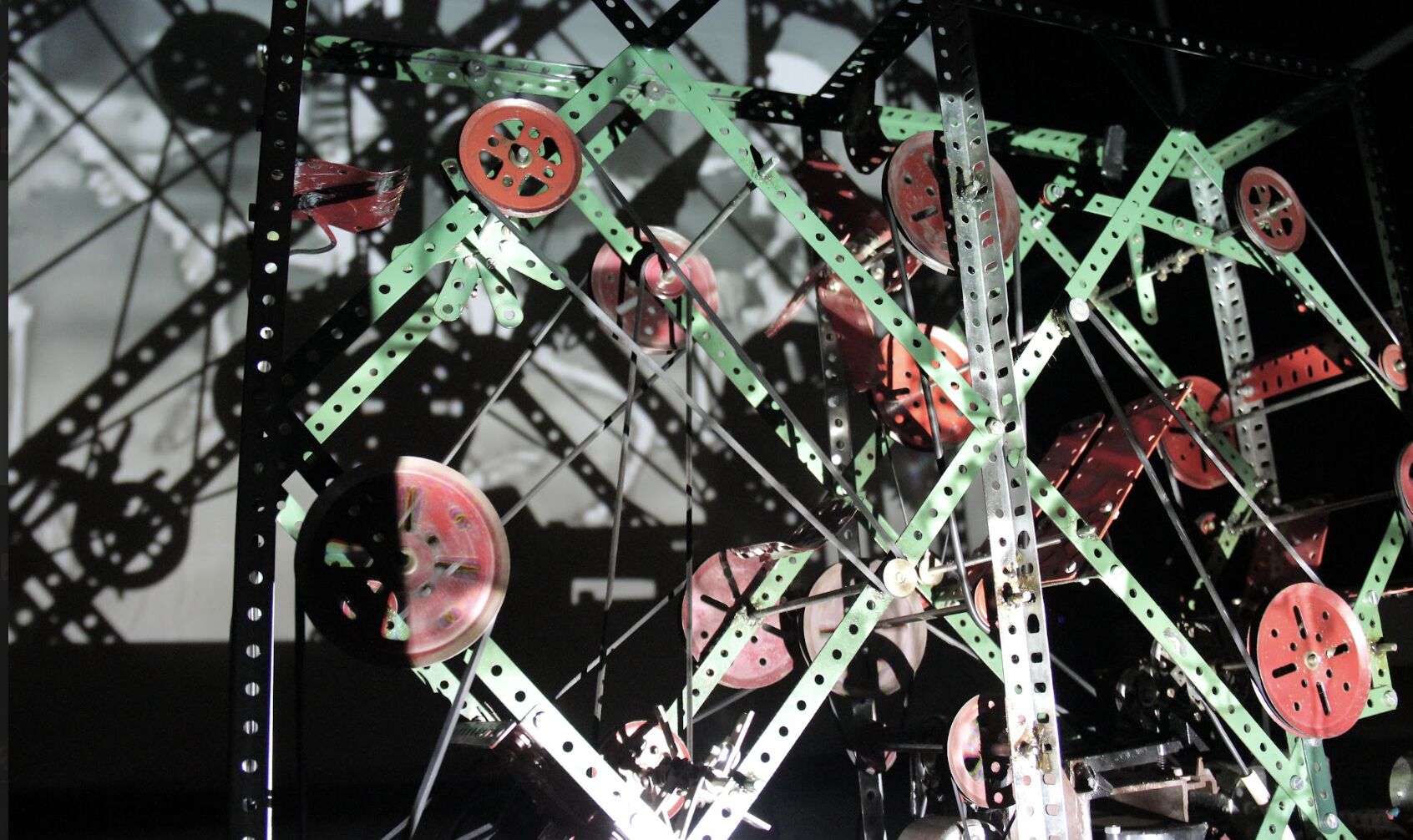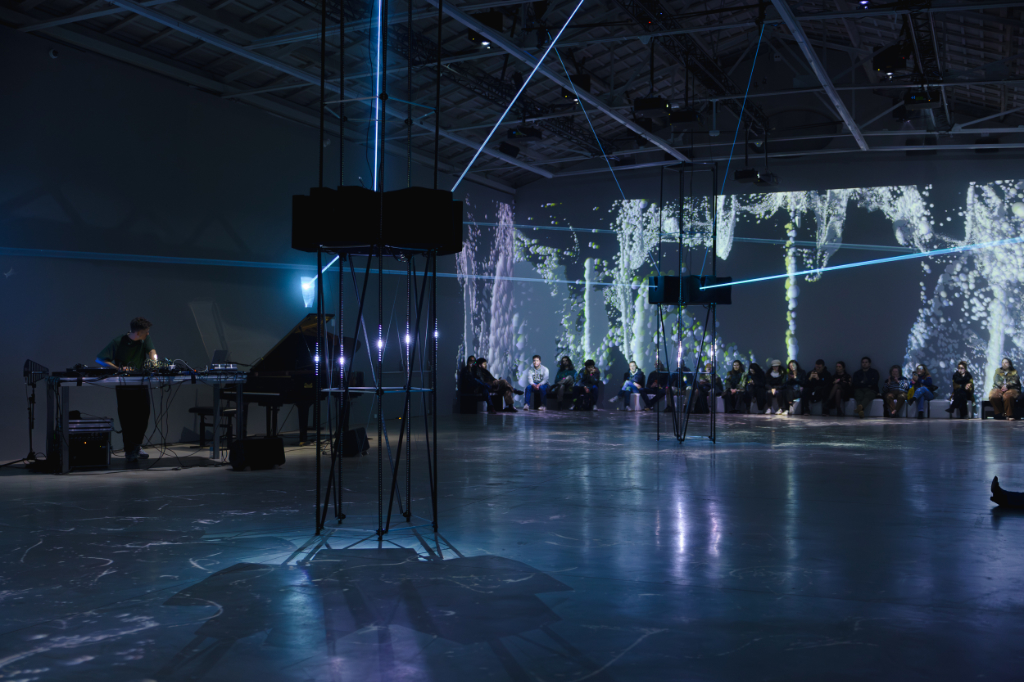Text by Jacobo García
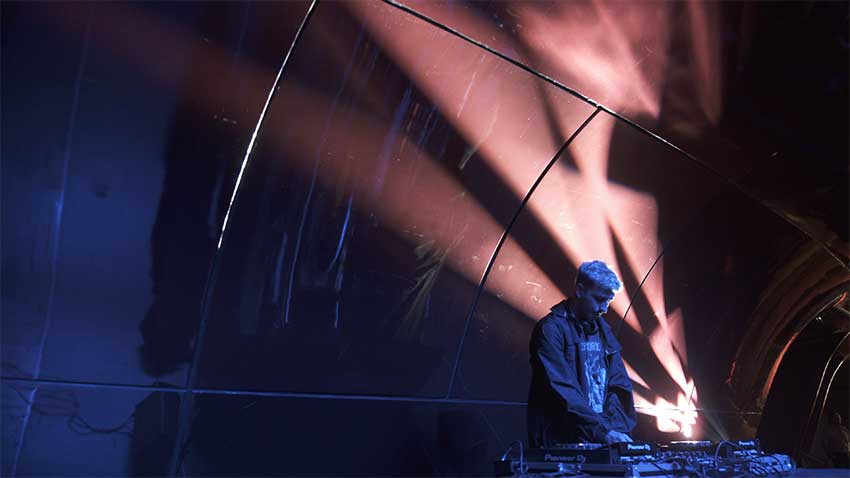
Archipiélago is a music series organised at Reina Sofia Museum – the leading modern art museum of Madrid – every September since 2017. Concerts and DJ sets occur in the museum auditory and the garden of the main building, a magnificent place that contains sculptures from Joan Miró, Eduardo Chillida, and Alexander Calder. The event-free admission – is a relaxed way to reconnect with Madrid’s cultural life after the heats of July and August, when the city becomes deserted, any soul who can afford it runs away somewhere else due to the scorching heat.
This year’s event reflects the theme of tradition. According to the organisation’s introductory text, tradition is associated with conservatism and de-evolution against change but also signifies the transmission of knowledge between persons and generations. Archipiélago is curated by Jose Luis Espejo, an art historian and professor at Carlos III University and Ruben Coll, who comes from the fields of sociology and art history. They have accommodated a heterogeneous artistic selection that threads the past with the modern, folklore and vanguard, local with global, ritual and custom.
Damp weather forced last-minute location changes, moving many acts from the garden to a hall inside the Nouvel building, an extension of the museum completed in 2005 by the architect Jean Nouvel. The artistic selection feels thorough and compact with little respect for stylistic continuity, more focused on building a progression on mood and fierceness. One of the most remarkable performances of the first day was the one given by Rashad Becker, a cult figure for his talent for mastering records but who also releases odd music on labels like PAN. Despite the lack of visuals, we confronted a demanding set, a wretched orchestra of amorphous sounds, sonic blades, sci-fi sound effects out of place, sparse rhythms and grinding screeches. It was exciting, demanding and gristly.
Siria is a new moniker that Portuguese artist, musicologist, and curator Diana Combo use to present her work on traditional music from her homeland. The music, a mixture of field recordings, old vinyl, and her voice, presents an intimate view of antique folk music put through a modern prism. The spectacle was delicate, exquisite and serene. To close the first journey, Lechuga Zafiro jumped up on the stage. The Chilean producer brought his bombastic amalgam of sounds to everybody’s delight, including ours. The hall exploded in dance moves, moving along mutant beats sourced, transfigured, and churned from folk and dance-music styles all over the planet.
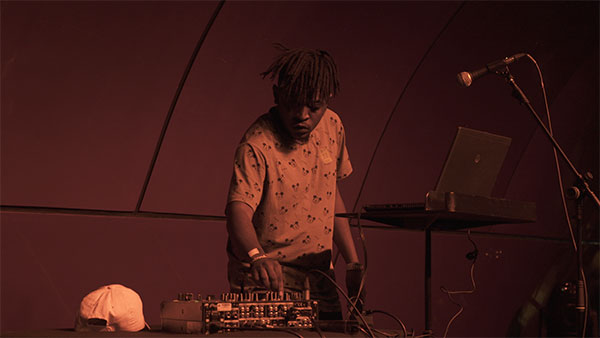
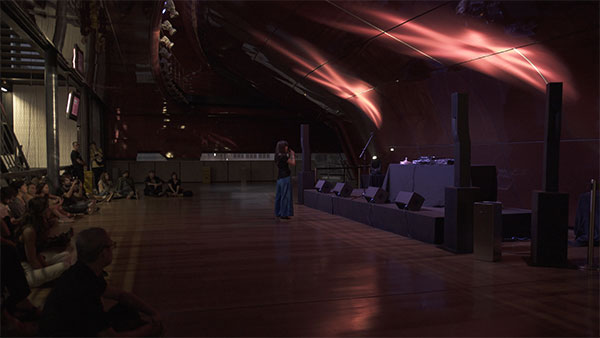
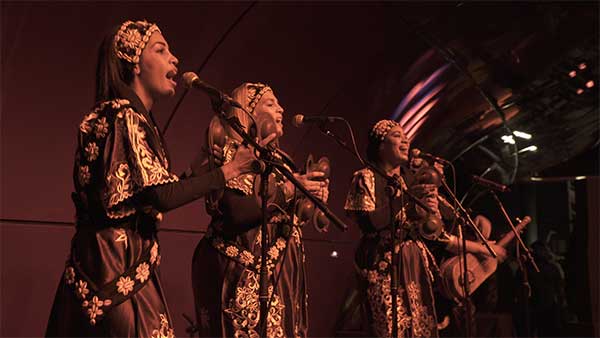
The second day featured a longer programme, including a live performance of Udlot Udlot by Jose Maceda, the late ethnomusicologist and composer from the Philippines. The opus is composed for hundred or thousands of interpreters, two hundred instruments were specifically built in a workshop celebrated a few days before the concert. The performance, which was done in The Crystal Palace located at the Retiro park near the museum is fun, inclusive and uniquely left of field.
Moving on our pilgrimage through Archipiélago, we arrive at Lea Bertucci’s show, a minimalistic atmospheric concert that provided a good platform to look on for the rest of the day. Which lead us to the most surprising performance of the whole event, the one given by Asmâa Hamzaoui and Bnat Timbouktou. A female-only ensemble that plays in the Gnawua style, an ancient form of music that originally belonged to slaves born in the Sahel, an enormous band of land in Africa where the desert turns into the savannah. With a completely acoustic setup, the band captured the audience’s attention with ease, a bond quickly formed, but soon they took it to a new level of intensity, and the young girls parted with an outstanding and well-deserved ovation.
Bamba Pana & Makaveli brought the end to our voyage through Archipiélago. They are known for play Singeli, fast tempo music originating in Tanzania which is mixed with electronic sounds, delivering a furious, high energy set which was both a perfect complement of the previous concert and an enjoyable culmination of the event. One that strives to play an important role in underground, avant-garde music in the capital of Spain.


